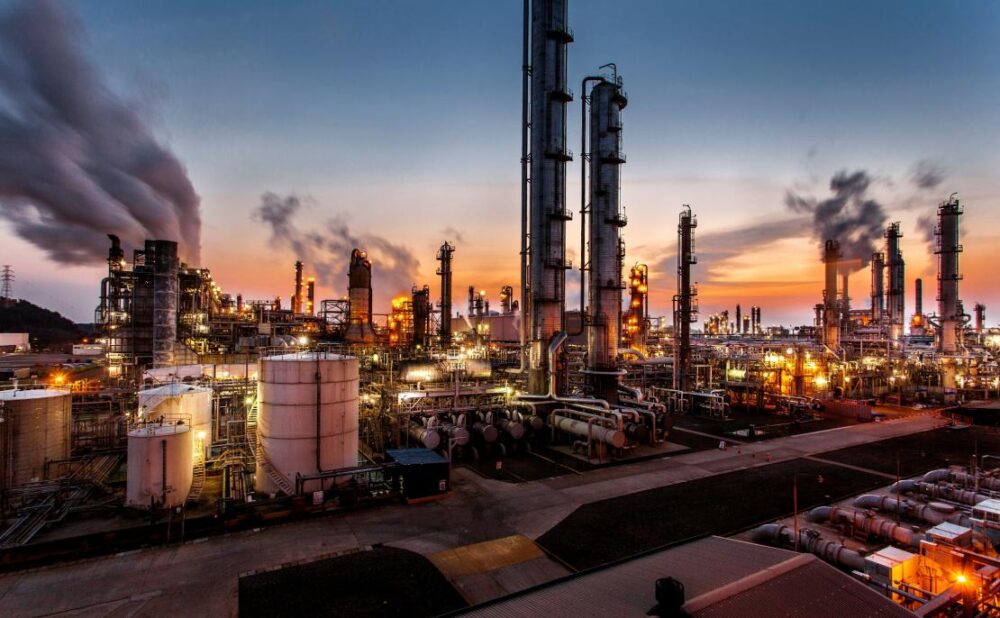
Tiwi Islander and Larrakia Traditional Owners are taking the South Korean Government’s export credit agencies to court to prevent them from financing Santos and SK E&S’ offshore Barossa gas project.
Traditional Owners claim they have not given their free, prior and informed consent for a 300km long gas pipeline to be laid through Tiwi sea country and into Darwin, Larrakia country. Tiwi Islanders say that the Barossa gas project will damage their pristine sea country and threaten local marine life, especially turtles, which play a central role in Tiwi culture, ceremonies and the local ecotourism industry.
The legal challenge could prevent the South Korean Government from lending approximately AU$964 million to the Barossa gas project via its export credit agencies, the Export-Import Bank of Korea (KEXIM) and the Korea Trade Insurance Corporation (K-SURE), putting the financial viability of the entire project at risk.
Jikilaruwu Tiwi Island clan leaders, Francisco Babui and Daniel Munkara, say their people were not properly consulted on the Barossa gas project and have accused Santos and previous owner ConocoPhillips of misleading them about the prospect of it going ahead at all.
Daniel Munkara, Senior Tiwi Traditional Owner from the Jikilaruwu clan and plaintiff, says: “Under Australian law and in accordance with Aboriginal tradition, the Jikilaruwu clan is the owner of the sea country where that gas pipeline will go through. We are the decision makers for that sea country.”
“Santos did not fully explain their plans to build a gas pipeline along our coast. Santos did not explain any of the risks. We were told briefly about the pipeline in 2018 [by previous owners ConocoPhillips] and we said ‘No’ to the project. They said it wasn’t happening. Now we find out they went behind our back. Santos wants to lay the pipeline through our sea country without our consent.”
“By taking the South Korean Government to court to stop this gas project, we are protecting our family and our land. This gas project puts our way of life at risk.”
The Barossa Project has been in development since 2004, but Tiwi Islanders say they are only learning about it recently– just months before drilling is expected to commence this year.
In the proposal for the project that was submitted to the Australian offshore petroleum regulator, NOPSEMA, the record of consultation reveals that just two emails were sent and one unanswered phone call was made to the Tiwi Land Council. The Barossa Offshore Project Proposal does not mention consultation with Larrakia traditional owners.
The project was then approved by NOPSEMA, who considered the consultation process complete. Recently, Santos have appeared via video link at several clan meetings, but failed to disclose potential environmental impacts.
Traditional Owners fear impacts to cultural sites, turtles and other marine life that are central to their culture. Francisco Babui, Senior Tiwi Traditional Owner and Plaintiff, says:
“The pipeline is too close to Cape Fourcroy. There is a reef there with lots of turtles and dugongs. The turtles lay their eggs on that beach and we go hunting in that area. We use that coastline for camping and fishing. In the dry season we take our children there every week. We teach them about our culture and dreaming stories. I was taught there on that sea country and on that land country the same way by my father and grandfather.”
The Tiwi’s challenge comes amid a growing trend of climate litigation against public financing of fossil fuels, including the landmark victory by campaigners against the Korean utility KEPCO’s coal mine expansion in Australia. Over the past decade, the Australian fossil fuel industry has received over AU$36 billion for its fossil fuel projects from international public financial institutions, including export credit agencies.



